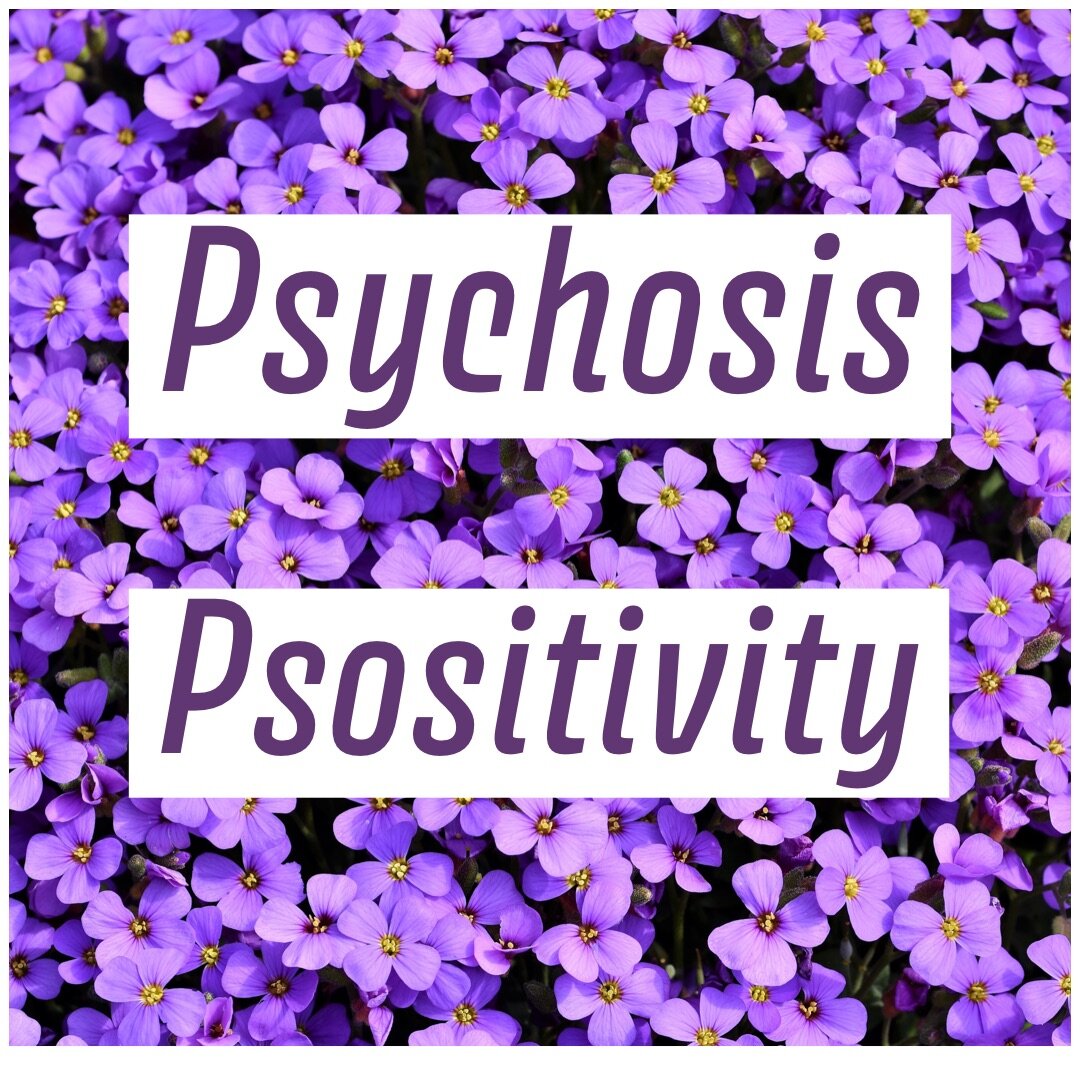On Family Estrangement: A Personal Dilemma
It’s very common for Schizophrenic & Psychotic people to struggle with their families—there’s even a clinical term for the negative attitude loved ones of Psychotic people often show, “Expressed Emotion”. Expressed Emotion is associated with poorer patient outcomes, and treatment for Schizophrenia/Psychosis often focuses on reducing it (de Mamani et al, 2021). Many Psychotic people also have Trauma histories that date back to childhood (Davis et al, 2016). From my personal experience having worked with this Community for several years now, Familial Estrangement of some form honestly seems more common than the opposite.
I have three first cousins, all on my father’s side. One male cousin, Derek^, and two female cousins who are sisters, Savannah^ & Elisabeth^. Derek and Savannah are several years older than I am, but Elisabeth was only 1 year behind me in grade school. I am completely Estranged from my father’s family, to the point of no-contact. My father still speaks to one of his sisters sometimes. Because of this, I’ve learned that Derek is expecting his first child in a couple of months (he got married a couple of years back), Savannah just got married, and Elisabeth is now engaged.
For some reason, this has hit me like a tonne of bricks.
I saw my cousins with some frequency up until I was 12. My dad’s family is from the Western USA, and his family has stayed there. My dad moved DC in his young adulthood and worked as a lawyer for the US Government. Despite the physical distance, we visited each other several times. There was quite a bit of animosity between my aunts/grandmother and my mother unfortunately, and this turned into a downward spiral of the family over the years as major betrayals occurred. My aunts always looked down on me, especially for what we would later learn were Schizophrenic traits and behaviors. I’ve always been the family f*ck up in their eyes, the “bad kid”.
So, why I am I upset by life announcements from people I don’t even like? Well, part of me wishes that we could be a family together, that I could be a part of all of this. It’s not like being Estranged from your family is nice feeling. So, there’s Grief. And Regret. Not Regret for my own actions, but Regret that things have played out the way that they have. I haven’t spoken with any of that family years, and I limit what I allow my dad to tell them about me. They don’t know about what I do, and I don’t want them to. I would not feel comfortable sharing this part of me with them after how they treated me for any signs of Neurodivergence as a child. Part of me also wants to go and show them everything I’ve achieved with my Schizophrenia, but there’s no guarantee they would understand or even care. We are a family of high achievers—everyone has at least a Bachelor’s and Graduate Degrees are common among us. My relatives are fairly traditional, however, and given that I have no partner, no way of having children, and still have a ways to go in my Graduate education—I’d probably get labeled as, once again, behind or lesser than my cousins.
I wish that I wasn’t Estranged from so much of my family. It’s very lonely, and it makes the world feel much less safe and much colder. When your own family cannot accept you, it makes it harder to trust other people, especially as a person naturally prone to Paranoia. I feel that as a child, growing up being rejected and pushed to the margins inside my own family only pushed me further into the world of Delusion & Hallucination, and worsened my Developmental Symptoms/Delays.
^Names have been changed
Works Cited
Davis, J., Eyre, H., Jacka, F. N., Dodd, S., Dean, O., McEwen, S., Debnath, M., McGrath, J., Maes, M., Amminger, P., McGorry, P. D., Pantelis, C., & Berk, M. (2016). A review of vulnerability and risks for schizophrenia: Beyond the two hit hypothesis. Neuroscience and biobehavioral reviews, 65, 185–194. https://doi.org/10.1016/j.neubiorev.2016.03.017
de Mamani, A.., McLaughlin, M., Altamirano, O., Lopez, D., & Ahmad, S. S. (2021). Culturally informed therapy for schizophrenia: A family-focused Cognitive Behavioral Approach Clinician Guide. Oxford University Press.
